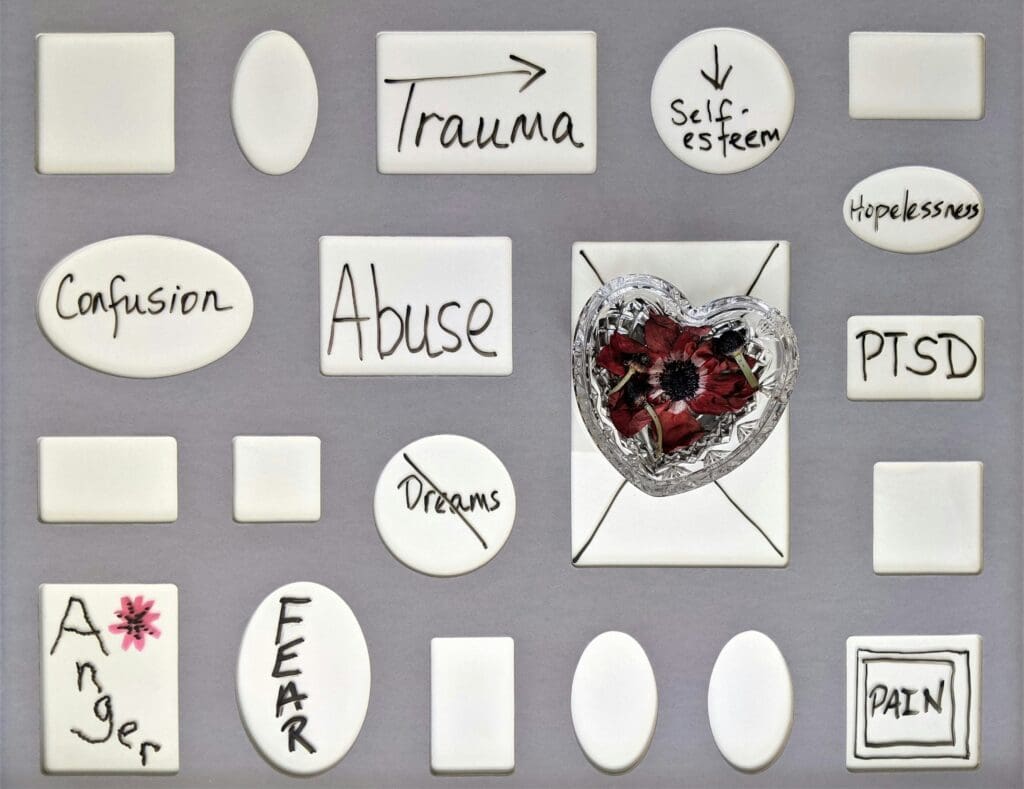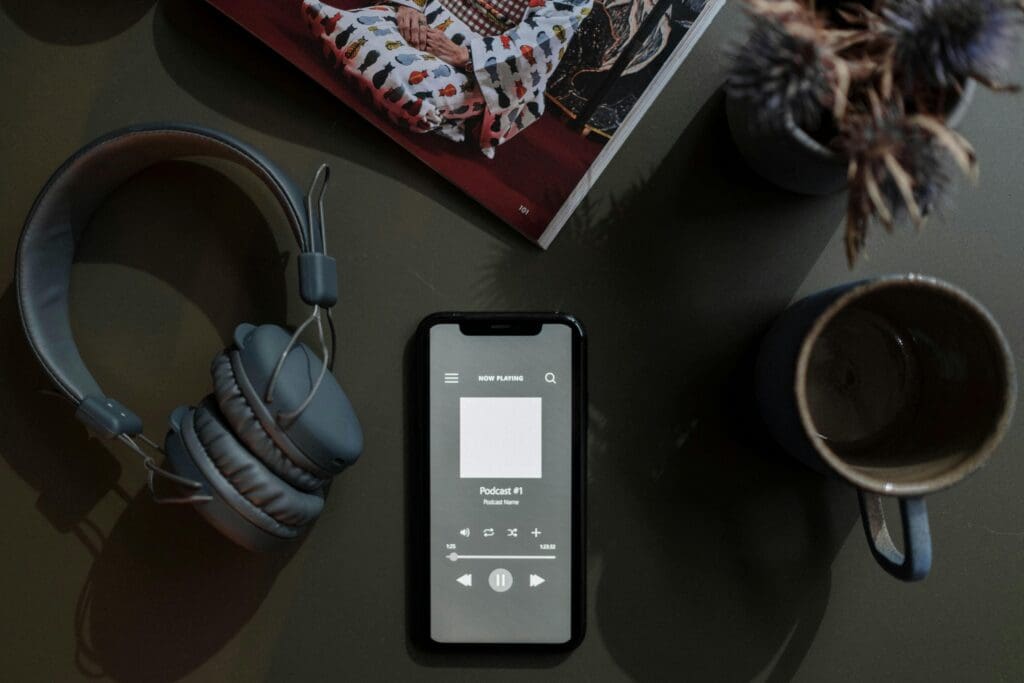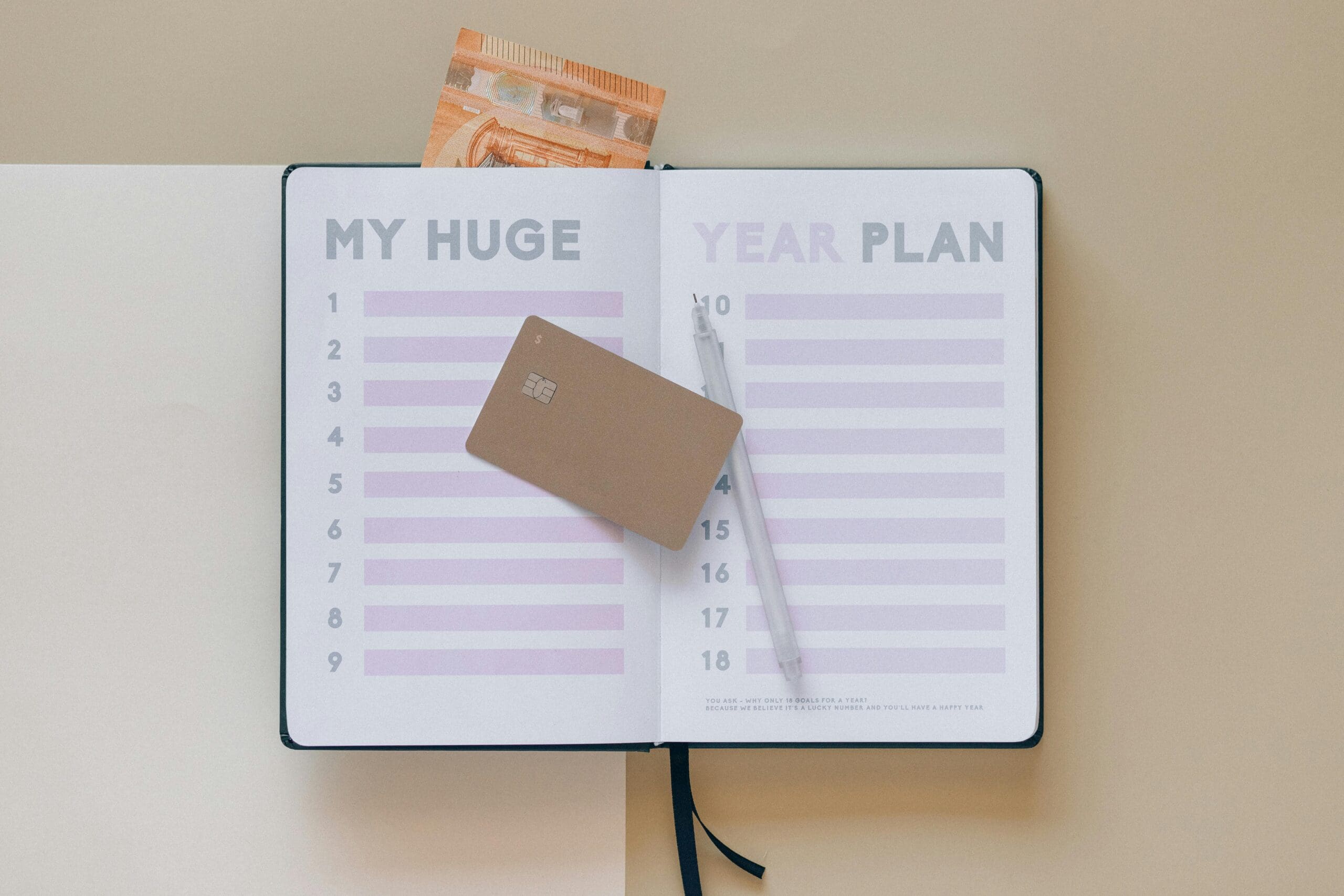Get to Grips: A Comprehensive Guide to Mental Health Resources in Nairobi
How many of you have found themselves feeling like they are drowning? Be it at work, or personal life or both all at once. Did you manage to pull yourself to the surface or in need of help? That’s what I want to talk to you about, how to care for your mental health and the resources you can use as part of your support system.

- Impact Hub Nairobi
- Grace M
Introduction
It’s that month again, where mental health awareness is in the spotlight. We all agree that we need a better care system, be it physical, mental or emotional. But sometimes, we tend to push our mental state to a breaking point because we deem it “it’s not that serious” and at the end of it all, we crush, worst case scenario we crush and burn beyond recognition.
Good thing there are already proven ways to tackle this right? By the end of this piece, you will all the necessary tools and resources to combat and maintain your mental health. So let’s dive in!

Identifying Your Mental Health Needs
Recognizing and acknowledging your mental health needs is the first step towards finding appropriate support and resources. It’s essential to understand the signs of mental distress, which can range from persistent sadness, excessive worries, substance abuse, to drastic changes in mood or behavior. Self-awareness about these symptoms allows you to seek timely and targeted help.
Moreover, consider the impact of your mental health on daily functions, relationships, and overall quality of life. If you find any aspect of your mental well-being affecting your day-to-day activities, it’s important to reach out for professional assistance. Mental health assessments and screening tools are available through various health facilities in Nairobi, which can help clarify your specific needs.

Exploring Public and Private Mental Health Services
Nairobi offers a spectrum of public and private mental health services tailored to diverse needs and financial capabilities. Public hospitals and clinics provide essential mental health care services, often at a lower cost. These institutions are instrumental for those seeking affordable treatment options. However, it’s important to be aware that resources may be limited and waiting times can be longer.
On the other hand, private mental health facilities offer a broader range of services, including specialized therapies and quicker access to care. These may come at a higher cost but provide an alternative for those who require immediate attention or specific treatments. You can use Therapy Route to research these options and local therapists that mesh well with you.
Also, consulting with a primary care doctor or mental health professional, can help you make an informed decision about which service is right for you.

Utilizing Support Groups and Community Resources
Support groups and community resources play a pivotal role in the mental health landscape of Nairobi. Communities like Kamili Organization, and Nairobi Place provide a sense of belonging and a safe space to share experiences with peers facing similar challenges. The power of communal support cannot be understated, as it fosters emotional healing and growth.
Did you know that in each county, there are centers that offer free mental health services in Nairobi? For instance,
In Lang’ata Sub-County,
- Lang’ata Health Centre: physiotherapy and counselling (on Tuesdays).
- Kibera AMREF Health Centre: counselling (on Wednesdays).
- Kibera DO Health Centre: counselling (on Thursdays).
While in Kasarani Sub County:
- Dandora II Health Centre: psychiatric clinic (on Mondays).
- Kariobangi North Health Clinic: psychiatric services (on Tuesdays).
- Kasarani Health Centre: psychiatric services (on Thursdays).
Find out more Here
Community centers, non-profit organizations, and faith-based groups often host support gatherings and workshops focusing on mental health topics. Engaging with these resources not only helps in coping with mental health issues but also in building a network of support that can be crucial during difficult times.

Embracing Digital Mental Health Platforms
In this digital age, mental health support is not limited to in-person services. We have seen a rise in digital mental health platforms that offer insight, and support through podcasts. We have curated a list of podcasts to consider based on different needs:
All Black Men Need Therapy. Chief, Bell and Prentice unpack past and present issues that affect the mental health and well-being of black men. These brothers engage in honest, vulnerable dialogue surrounding the complexities of life as black men. They are committed to helping black men self-assess and grow more comfortable in having difficult conversations while encouraging them to strive daily to become the best version of themselves.
Resilient Black Women. Resilient Black Women is a new podcast from hosts Joi McGowan and Deneshia Simpson, founders of the nonprofit Resilient Black Women. Joi and Deneshia seek to reimagine mental health access for communities of color and are committed to redefining what it means to have courage, resilience, and a healthy sense of self. New episodes every 2nd and 4th Friday of the month.
- The Hilarious World of Depression. If you’re interested in learning about depression in a way that’s both informative and entertaining, this podcast is a great choice. It breaks down the stigma around mental illness using laughter and storytelling.
- Not Another Anxiety Show. Not Another Anxiety Show by Kelli Walker is a podcast that offers a fresh and sometimes humorous take on anxiety and stress management. For anyone looking to manage anxiety or understand it better in a light-hearted yet informative way, this podcast is a perfect choice.
- The Mental Health and Wealth Show. This podcast offers insights into managing financial stress and its impact on mental health. Listeners will learn strategies for balancing their financial and mental well-being.
- Let’s Talk About Mental Health. Courtesy of Mental Health Foundation, this is a series that dives into various aspects of mental health, aiming to increase understanding and stimulate conversation around mental well-being. The podcast features discussions on diverse topics related to mental health, providing insights from experts, practical self-care tips, and inspiring stories.
Final Thoughts
We all have good and and bad days, sometimes the bad days stick longer than we would like. That when being self-aware and a good support system in place helps. Resources such as free mental health services offered by community centers come in handy. And for those who sometimes find it hard to ask help, resources such as podcasts are great in giving support in your process as you gear up to visit a therapist or counsellor.
Although podcasts are great, they are a starting point for growth and healing, and the real progress happens when you take proactive steps towards improving your mental health. Engage in practices that resonate with you, seek support from professionals when needed, and remember that personal commitment and action are key to making lasting changes.
P.S: Your healing journey is unique to you. So focus on the process and not the end result. Embrace each step, no matter how small, and be patient with yourself. Growth and healing take time, and every bit of progress is valuable.
Unleash your impact potential today
Join our Community for the latest news, resources, and inspiring stories of entrepreneurial impact. Sign up now and ignite your journey towards making a difference.
You also might like

Monthly Budget Planner: Free Templates for Financial Success
Monthly Budget Planner: Free Templates for Financial Success

Are You Missing Critical IP Protections for Your Startup?
Are You Missing Critical IP Protections for Your Startup?


